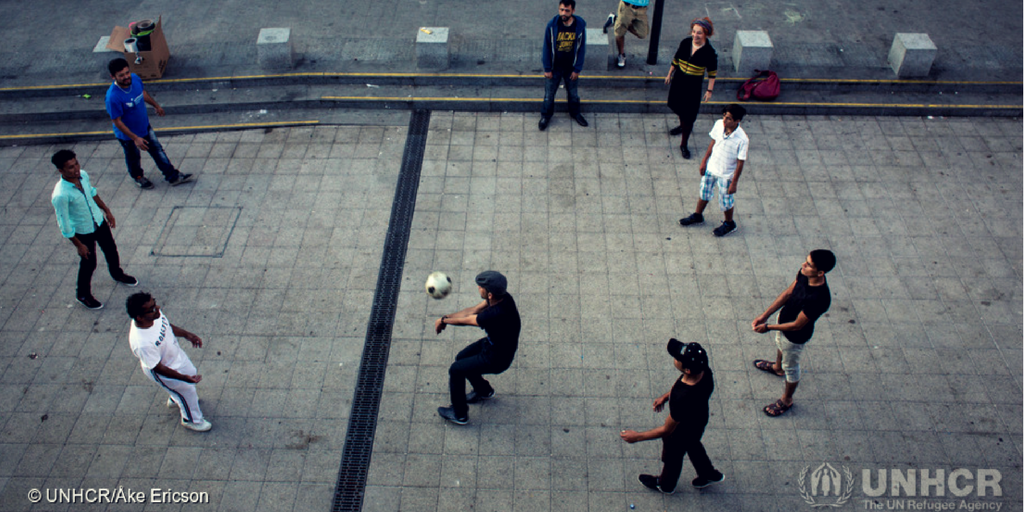
Practical information
How the memories of migrants and refugees could be made a central dimension of the public perceptions about migration and asylum in Europe today?

To answer this question, this international meeting brings together advocacy movements, youth organizations, human rights and refugee assisting NGOs, refugees, scholars and local and European policy makers from different countries in the EU. Participants will discuss ways by which the voices of migrants and refugees could be better heard in today’s debates. This meeting will be an opportunity for dialogue, mutual learning and networking for European stakeholders working on migration issues from different perspectives in different countries, including Greece, the Netherlands, Hungary, France, Portugal, or Britain.
The meeting is part of the “Memory and Migration in Europe” project. The project aims to foster dialogue, networking and cooperation among several local stakeholders (NGOs, city representatives, citizens, migrants, refugees, academics...) through workshops, conferences and group discussions with civil society actors.
9:30-10:00 Introduction
10:00-11:00 Hungary 1956-2016: stories of refugees
In 1956, around 200 000 Hungarians fled their home country, sought refuge in neighbouring Austria and Ex-Yugoslavia and then were dispersed in Western countries within the framework of one of the largest refugee resettlement programme ever implemented. What does remain from this history in today’s debates?
11:15-13:00 The contribution of migrants and refugees in the making of Europe
Memory of migrations in European countries often contributes to the building of a national narrative that leaves little room for the contribution of migrants and refugees to European societies. A bottom-up approach based on stories and testimonies of migrants themselves would demonstrate in a better way their contribution to the making of Europe while reducing the distance with the receiving communities. How could this be achieved at a European level?
14:00-16:00 Empowering refugees and migrants to shape future memories in Europe
Refugees have been the “unheard voices” of the so-called “refugee crisis” in Europe. However, their stories are the testimonies of the failure of European asylum policies and should be taken into consideration to learn from our mistakes. What could be the contribution of refugees in the debates on asylum and migration in Europe? How can refugee organisations and network be strengthened at European level?
This meeting is organized by the Ifri in partnership with the European Youth Centre in Budapest. It is part of the project “Memory and Migration in Europe” of the IFRI, the University of Amsterdam, the University of Warwick, the Calouste Gulbenkian Foundation, and the French network of institutes for advanced study, with the support of the “Europe for Citizens” programme of the European Union.
Other events

Paris Naval Conference 2026: Naval Rearmament and Operations in Contested Waters
This fourth edition of the Paris Naval Conference (CNP), bringing together high-level military, industrial, and academic speakers, will address the challenges associated with general naval rearmament and naval operations in increasingly contested environments.





